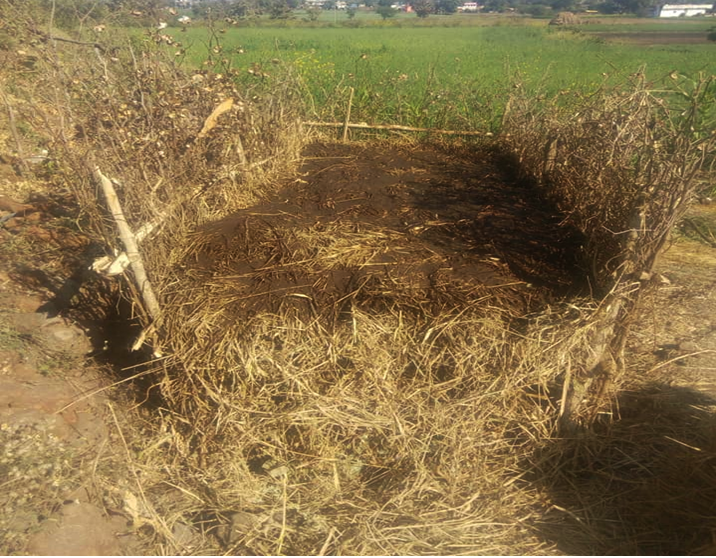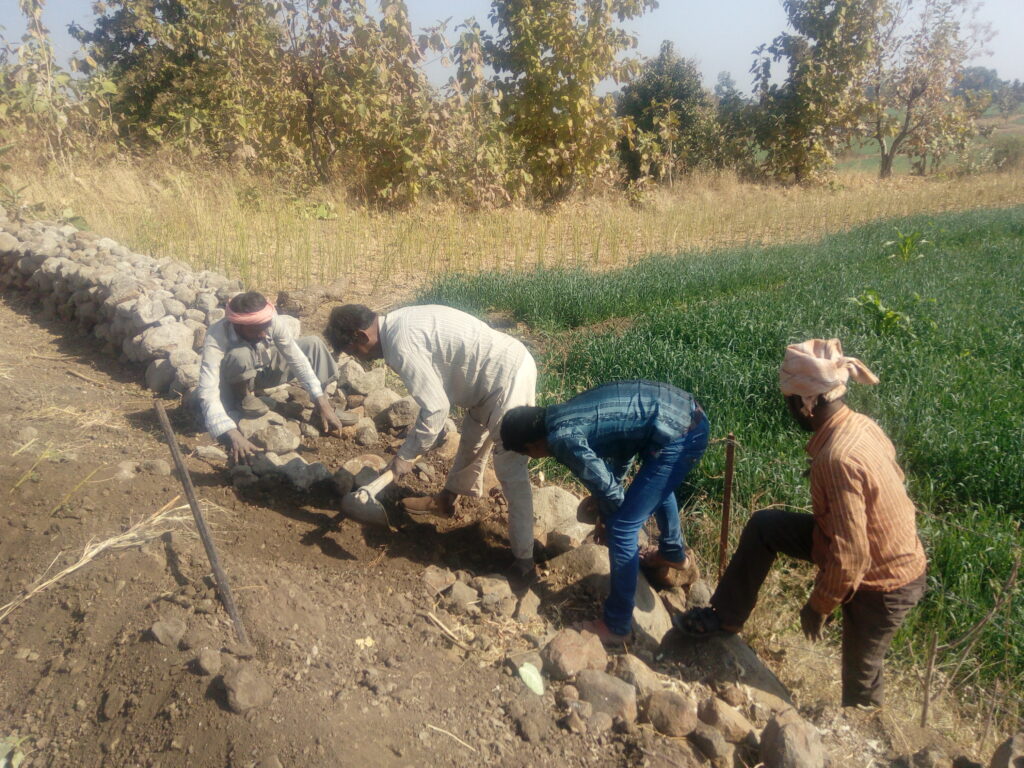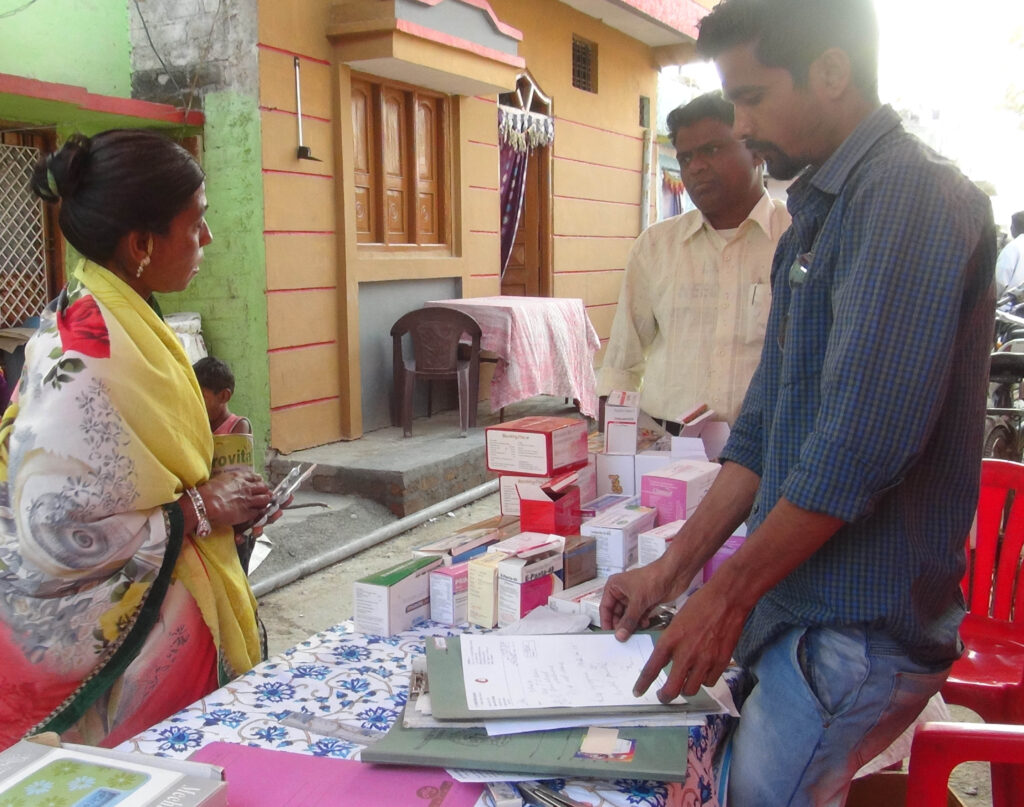
The development work carried out by the organisation is informed by knowledge gained from research conducted along with the action programmes. This research is linked to the various themes of work as follows –
1. Natural Resource Management – Studies are conducted to refine the forestry programmes which constitute a major thrust area for the organisation given its importance in mitigating climate change, conserving soil and water and also providing biomass for agriculture and distributed energy generation. Similarly the structures used for soil and water conservation directly are also customised to the terrain. Finally, research is carried out to hone the community participation methods which are crucial for ensuring success of the programmes.
2. Reproductive Health – The data collected from the reproductive health camps is digitised and then analysed to gain insights into the trends in reproductive health status of the women with whom the organisation works.
3. Sustainable Agriculture – The conservation of indigenous seeds is carried out all over the western Madhya Pradesh region by involving farmers in cultivating and promoting them. This also involves research in community methods for propagation of indigenous agriculture and wholesome consumption of healthy food.
4. Renewable Energy – The future of life on earth depends on renewable energy and so along with implementation of various projects, research is being carried out to devise appropriate renewable energy technology for the rural and urban areas of western Madhya Pradesh.


5. Soil Health – Conservation of soil is not enough as its health also has to be ensured. The best way to improve soil health is by increasing the presence of micro-organisms . The essential functions that they perform include, recycling of major nutrients which in turn stimulates plant growth, and in purifying the soil from pollutants. Among the diverse group of organisms that inhabit the soil, cyanobacteria are important due to their ability to carry out oxygenic photosynthesis making them the primary producers in the food chain. Cyanobacteria increase soil organic matter which is essential for growth of other microbiota. Besides certain species of cyanobacteria can also fix atmospheric nitrogen. Cyanobacteria occupy extreme environmental niches withstanding a wide range of biotic and abiotic stresses, presumably attributed to their evolutionary history. Research is being carried out on this group of life sustaining organisms which are at the root of food chain in our biosphere.
The Coordinator of the Research Programme of the organisation is Dr Rahul Banerjee, Ph. D. in Environmental Planning and Management from CEPT University, Ahmedabad, India. He has done research work with institutions such as International Water Management Institute, World Bank, United Nations Development Programme and National Institute of Urban Administration
